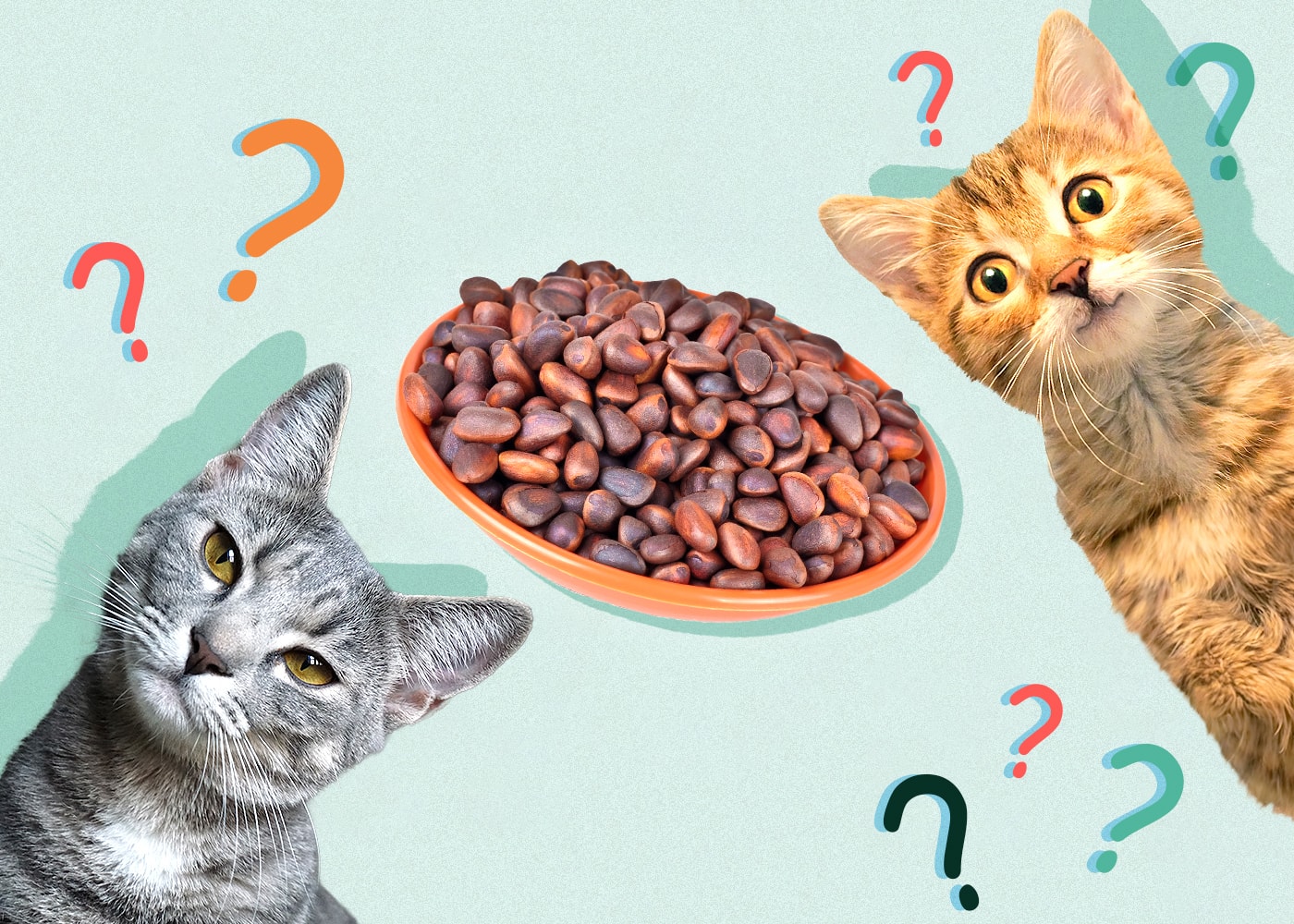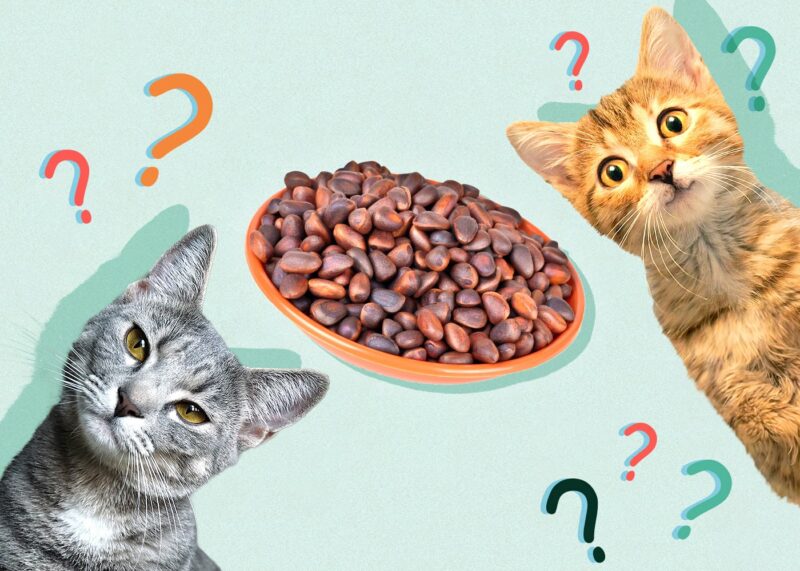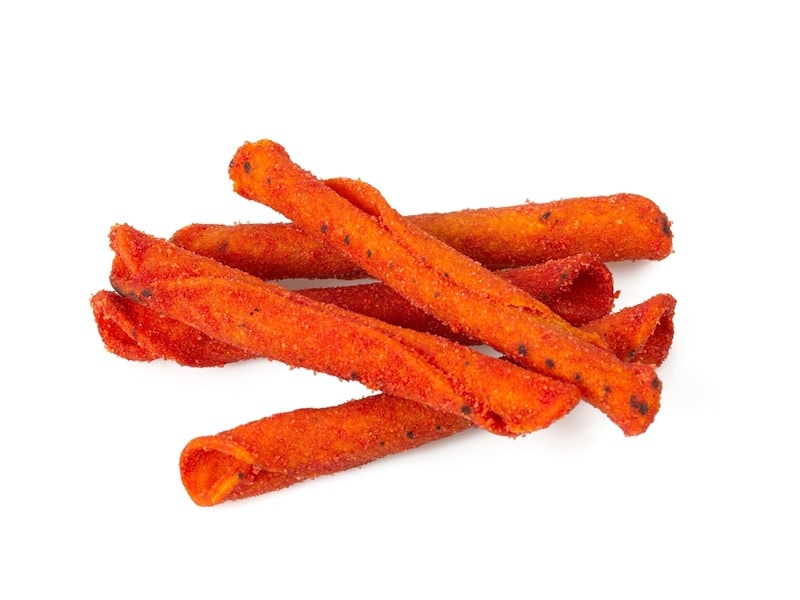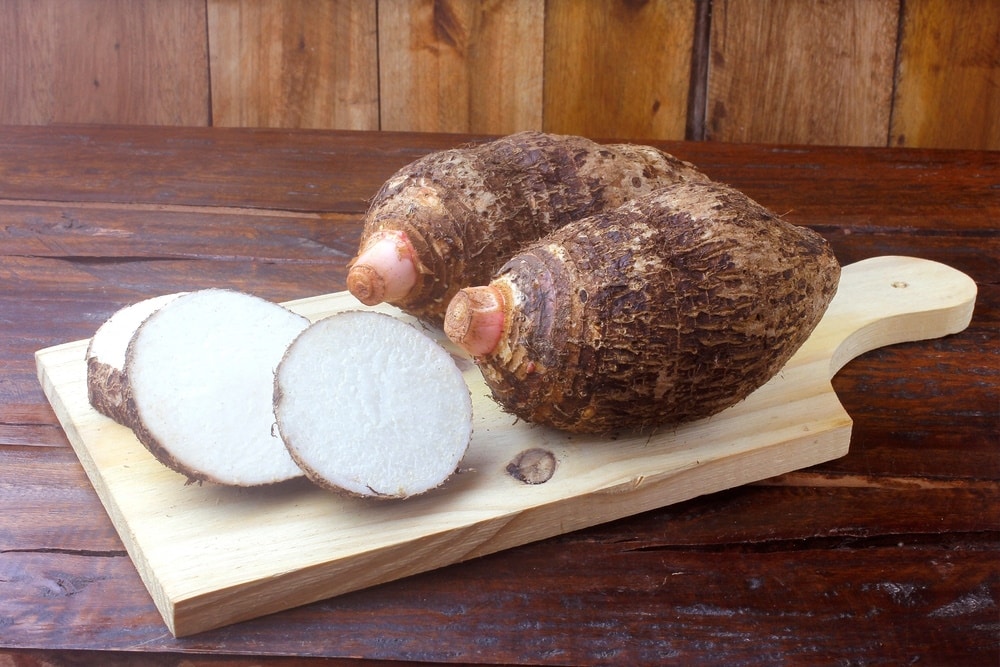There are many safe and unsafe human foods that you could feed your cat. For humans, nuts are famous for their health benefits. Pine nuts in particular are great for boosting energy levels and keeping skin healthy. But are they safe for cats?
While pine nuts are not considered toxic for cats, too many aren’t good for them. Keep reading to find out everything that you need to know about cats and pine nuts.
All About Pine Nuts
Pine nuts are teardrop-shaped seeds that are often used in cooking pesto. They come from pine trees and measure around 1/2 inch in length. They have a buttery and somewhat sweet flavor when raw, though they are often toasted, which brings out the flavor even more.
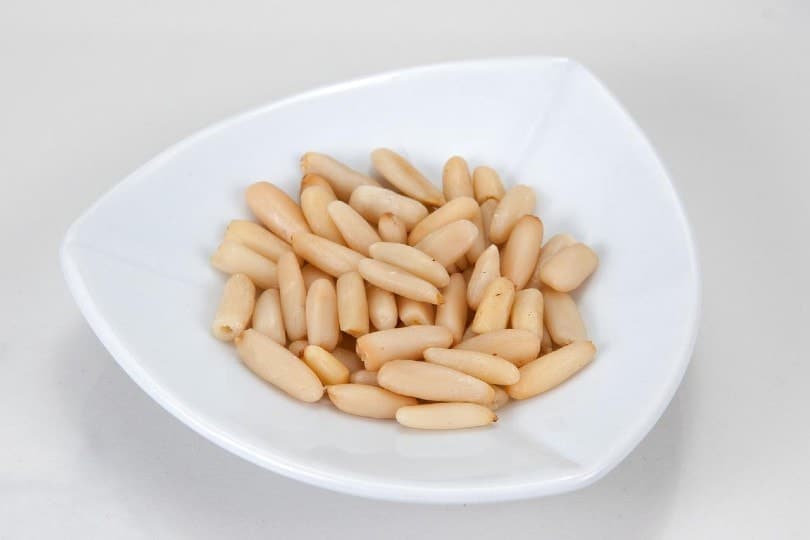
Can Cats Eat Pine Nuts?
Most cats can eat pine nuts without any problems. They are non-toxic and in small amounts, shouldn’t cause any harm to your cat.
We do recommend offering them in moderation, however; as with most nuts, pine nuts are high in fat. Since your cat’s digestive tract isn’t designed to handle a large amount of fat, too many pine nuts can cause gastrointestinal upset in your kitty, such as diarrhea and vomiting.
Pine nuts are also very small, which can pose a choking hazard for your cat. Seeing as cats don’t chew their food, as their teeth are designed for tearing bite-sized pieces from their prey, your kitty won’t be able to chew the pine nuts, so they’ll swallow them whole.
So, while pine nuts won’t harm your cat, they aren’t the best snack options. There are plenty of other cat-friendly human foods you can offer your pet if they’re interested in what you’re eating.

Can Cats Be Allergic to Nuts?
Around 3 million Americans have a nut allergy of some kind. With numbers that high, it must be true that animals can also have nut allergies, right?
While most allergies in cats are due to protein like beef, fish, chicken, and dairy, it’s not unheard of for cats to be allergic to nuts too.
- Rash
- Hot spots
- Runny eyes
- Vomiting
- Diarrhea
- Hair loss
- Facial swelling
- Difficulty breathing
Just as with humans and nut allergies, even a small number of nuts can cause an allergic reaction.
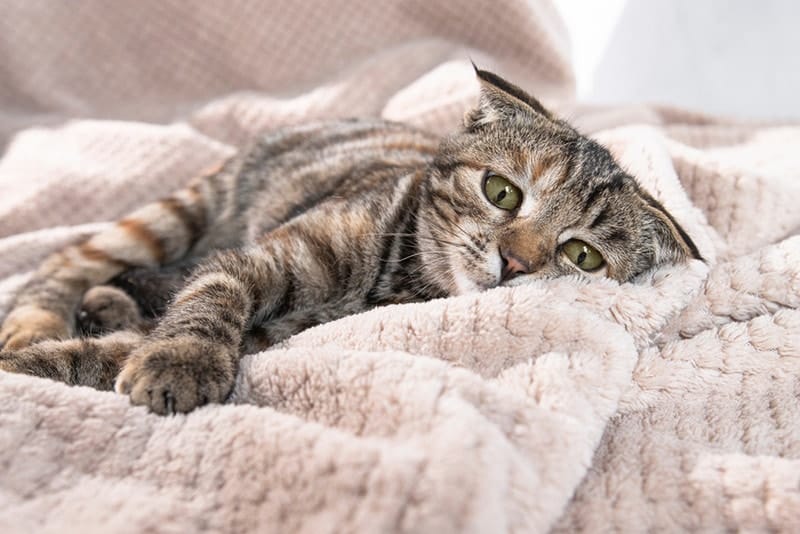
My Cat Loves Pine Nuts, Can They Eat a Lot of Them?
A few pine nuts on occasion should be fine for most cats. If your kitty has gotten into your nut stash, however, they could be doing more harm than good. The main concern with nuts of any kind is the high fat content. Kitties that get a lot of fat in their diet can wind up developing hyperlipidemia or pancreatitis.
Hyperlipidemia occurs when there is an excessive amount of fat or fatty substances in your cat’s blood. If your vet determines that your kitty does have hyperlipidemia, they will likely prescribe a low-fat and high-fiber diet through prescription foods. A diet change should lead to a reduction in signs associated with this condition.
Pancreatitis occurs when your cat’s pancreas becomes inflamed. When this happens, other organs like the liver and intestines can also become inflamed. Pancreatitis management will depend on the severity and how soon it was diagnosed.
What Should I Do If My Cat Ate Pine Nuts?
If you know that your cat has gotten into your pine nuts, your first job should be to determine how many they ate. One or two nuts shouldn’t affect your kitty much, but if they’ve eaten a lot, you will want to watch your kitty for clinical signs. You may notice that they’re experiencing gastrointestinal upset in the form of diarrhea, vomiting, or even dehydration.
If you notice any of these signs, you should give your vet a call. While it is unlikely that your kitty will experience any serious side effects from eating one or two pine nuts, they may have issues if they’ve eaten a lot or if they have a nut allergy.
Your vet can provide insight into what your next steps may be. They may suggest you monitor your cat at home to see if the signs go away on their own or to keep an eye out for signs of dehydration.
What About Other Nuts? Are They Okay for Cats?
There are other nuts your cat can eat, but remember, too many nuts too often can be bad for them due to their high fat content. It’s best to not offer them nuts at all if you can help it. If they do happen to chow down on some of your nuts, though, it’s important to know which are safe and which would be a cause for concern.
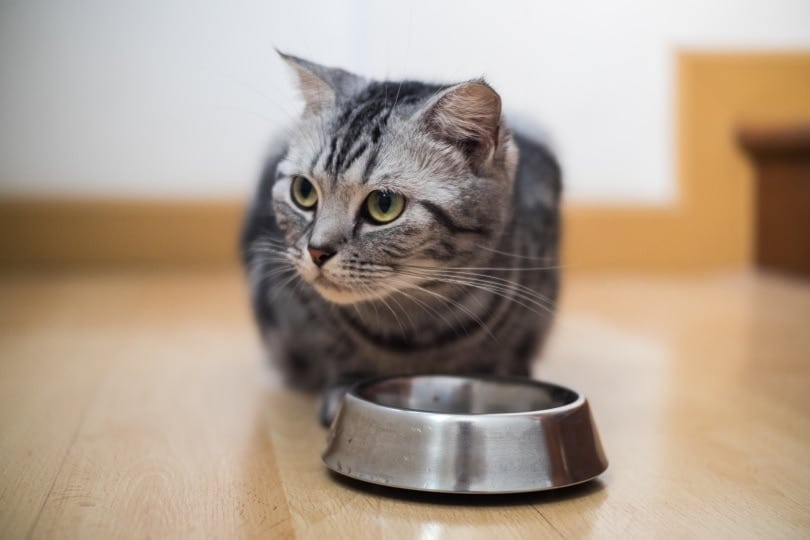
Safe Nuts for Cats
Unsafe Nuts for Cats
- Macadamia nuts
- Old or moldy nuts
- Raw cashews
- Pistachios
Final Thoughts
It is unlikely that pine nuts would cause any significant harm to your kitty (provided they’re not allergic to them), but there are many other healthy treats you should offer them in place of high-fat nuts.
See Also:
Featured Image Credit: sunnysun0804, Pixabay

